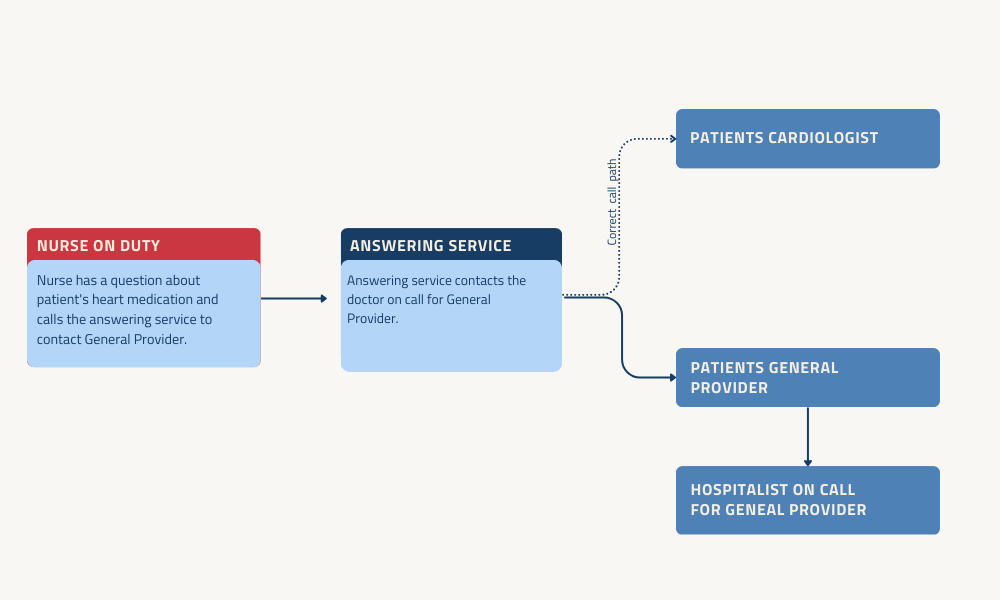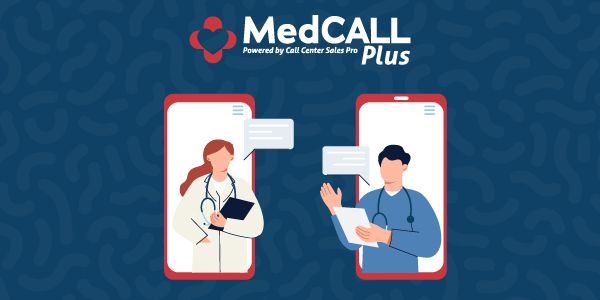How Hospitals and Answering Services Can Better Manage Their On-Call Schedule
Hospitals are 24/7 facilities that require a lot of planning and management to ensure they run smoothly. However, when managing the on-call schedule, hospitals often face numerous challenges that can impact operations and patient care. One of the solutions to this problem is partnering with an answering service to manage calls and messages. But like any outsourcing a hospital does, there are often bumps in the road before reaching total efficiency. This blog post will explore three ways hospitals and answering services can work together to manage their on-call schedule better.
Make Sure You Have a Partner Who Trains Their Agents with Hospital Procedures
Answering service agents play a critical role in relaying vital information between patients, doctors, and nurses. Therefore, they must understand hospital procedures, medical terminologies, and the importance of time-critical calls. Hospitals should look for an answering service that provides their agents with regular training to ensure they are knowledgeable and efficient.
Training should include HIPPA, handling emergency calls, medical terminology, and the protocols for calling physicians. This training will help to eliminate potential miscommunications, inaccurate messaging, and unreliable service. As a result, hospitals can ensure all information is accurately relayed by the answering service, leading to better patient outcomes.
Use an On-Call Schedule System That Is Central and Can Be Easily Updated
Scheduling on-call rotations manually can be challenging and time-consuming. And anytime something is changed, it can lead to inadequate coverage. A central scheduling system that can be easily updated reduces these errors and ensures the correct physician is available at the right time.
A central scheduling system allows easy access without relying on paper schedules or tracking changes through email. When a change is made, it is automatically updated, and physicians can be notified directly. As a result, this reduces scheduling errors, provides more efficient communication between physicians and the answering service, and ensures patients receive the appropriate care they need.
Train Hospital Staff in On- Call Schedule Procedures
Nurses and support staff must understand the correct procedures and protocols for making on-call requests and relaying messages to the right physicians. This knowledge ensures that the physician who requested the call receives the information immediately and can provide appropriate care to the patient.For example:
The chart below shows that the on-shift nurse has a question about her patient’s heart medication dosage. The nurse calls the on-call number and tells the answering agent she has a question about the patient getting his medication. She then sees on the patient chart the general provider and asks to contact him. However, because it was his heart medication, it should have been a call to his cardiologist. So now the answering service is contacting the hospitalist on call for the general provider when it should be the cardiologist they are calling. This causes a delay as the answering service agent must contact the nurse again for the correct doctor’s name.

Inaccurate or delayed messages can delay patient care, increase call volume, and cause frustration for hospital staff. Hospitals can ensure effective communication and patient care by training staff in the correct on-call requests and messaging procedures.
In summary, partnering with an answering service can alleviate some of the challenges hospitals encounter when managing on-call schedules. It is essential to choose an answering service that trains its agents in in-hospital procedures and has a central scheduling system that can be easily updated. Furthermore, training staff on calling and messaging procedures enables timely and accurate communication, reducing errors and improving patient outcomes. By implementing these strategies, hospitals can better manage their on-call schedule, improve communication, and provide better patient healthcare.

